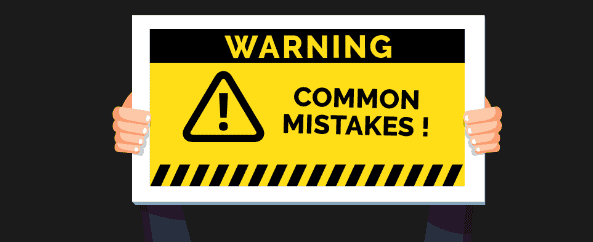Buying and selling houses is a complicated business, and conveyancing is a big part of that. If you do not know much about the conveyancing process, then it can seem overwhelming. Whilst obtaining the services of a professional conveyancing solicitor can ease some of the pressure, it is still important to understand the basics for yourself.

1. Choosing a conveyancing solicitor
When it comes to navigating a complex legal process, it is important to choose an experienced and trustworthy professional to represent you. This means reviewing not just their qualifications, but also their reputation and testimonials from previous clients. You will also need to consider these factors in light of your available budget. Conveyancing solicitors can be your one stop shop for news and information in the housing market, as at https://www.samconveyancing.co.uk/news, because they are well-connected to their local area.
2. The stages of conveyancing
Conveyancing can generally be divided into three stages: pre-contract, exchange of contracts, and completion. Pre-contract involves researching, surveying, making enquiries and collecting documents. The exchange is when the sale becomes legally binding, and completion is when the transfer is official, and you can receive the keys.
3. Financing
Financing is one of the most essential parts of the conveyancing process. Houses are expensive, and obtaining a mortgage can be challenging. Start by reviewing your current credit score to assess your likelihood of securing a favourable rate for your mortgage. Your conveyancing solicitor may be able to advise on financing options or recommend a mortgage broker.
4. Legal obligations
Much of what needs to be done during the conveyancing process is regulated by law, including aspects such as the transfer of the legal title to the property, submissions to the Land Registry, and the payment of stamp duty. A solicitor can manage much of this, but it still helps to be familiar with your specific obligations, which vary depending on whether you are buying or selling.

5. Common mistakes
Many things can delay the conveyancing process. These include not having secured your funds before the process begins, trying to conceal significant issues with your property (these inevitably will be revealed at a later point and causing even more trouble) or failing to respond to queries within a reasonable timeframe. Maintaining clear communication with both your solicitor and the buyer or seller and their solicitor is vital to ensure conveyancing progresses smoothly.
By understanding the stages of the conveyancing process, securing your financing early, being familiar with your legal obligations, avoiding the most common mistakes, and communicating honestly with your chosen solicitor, someone with the knowledge and experience to manage your conveyancing properly, hopefully, the buying or selling of a property will be much easier.

